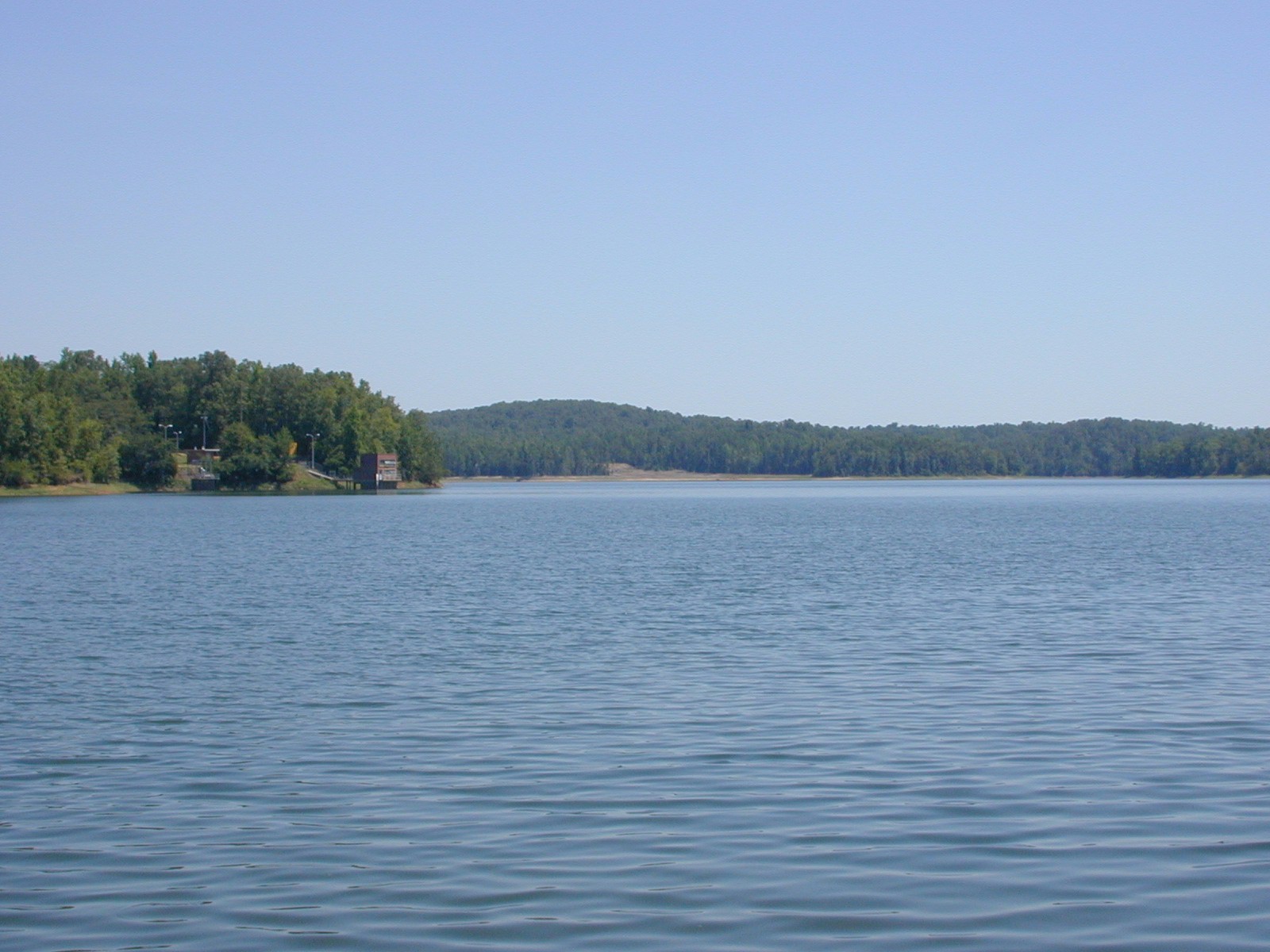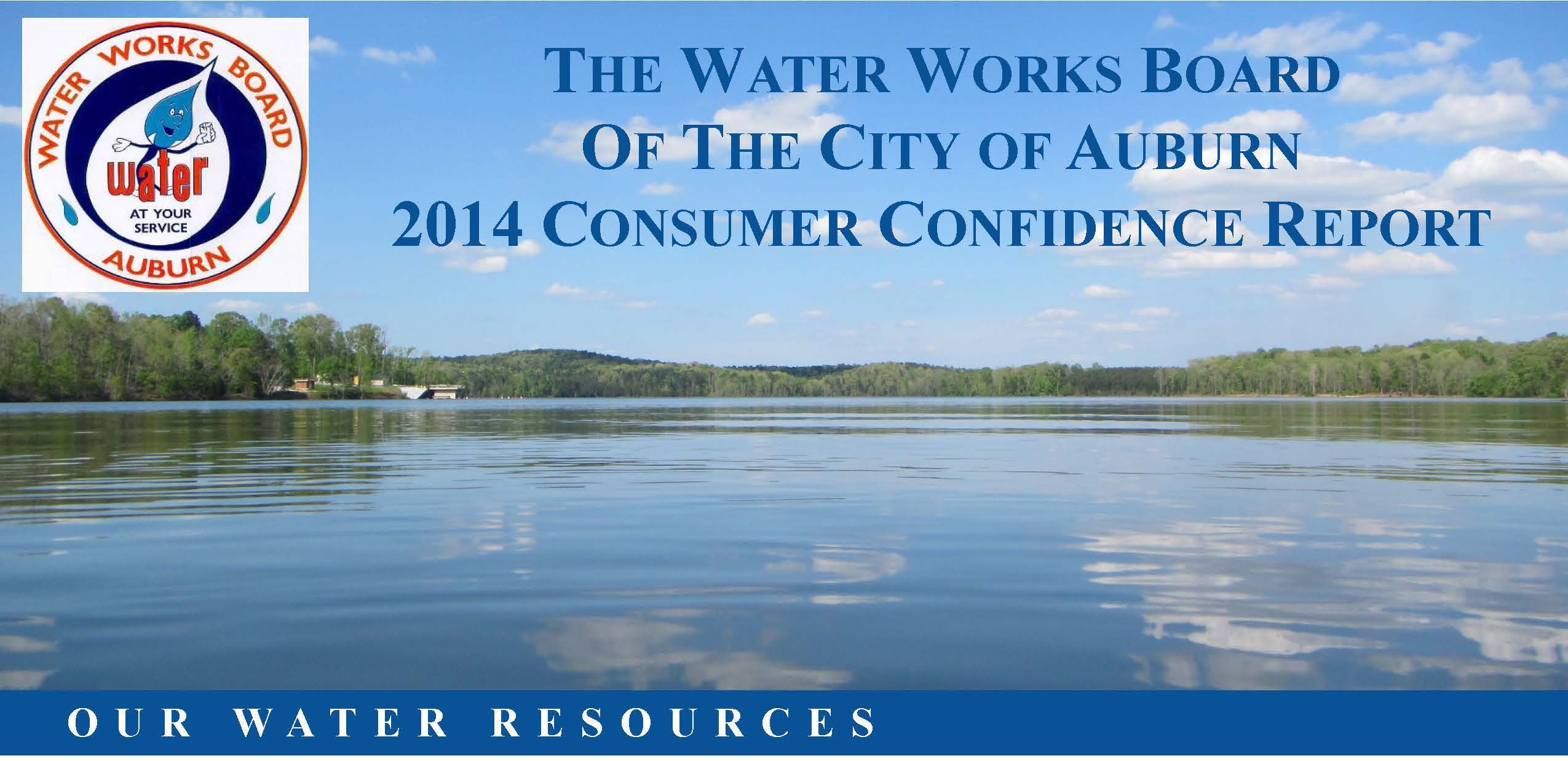The Water Works Board of the City of Auburn (AWWB) has worked for many years on long-range plans to ensure the adequacy of the local water supply. The fact is that the AWWB is very well situated to meet the immediate and long-term water needs of Auburn citizens.

Here are some facts about the AWWB's water usage and supply:
- Auburn's primary water supply source is Lake Ogletree, a 300 acre impoundment located in Southeast Auburn.
- Water from Lake Ogletree is treated at the James Estes Water Treatment Plant which has a permitted capacity of 8 MGD.
- The AWWB Well No. 3 was put into service in June of 2012. The well supplies 1.2 MGD of finished (treated) water.
- Under a joint contract with Opelika Utilities where the two utilities constructed a new treatment facility in the mid-1980s, the AWWB can purchase up to 3.6 MGD of finished (treated) water from Opelika Utilities.
- The current water supply capacity is 12.8 MGD.
- The current average usage for the system is 6.9 million gallons per day (MGD).
- Source Water Assessments are required by the Federal Safe Drinking Water Act and by the Alabama Department of Environmental Management (ADEM) regulations. The following are links to the Lake Ogletree Source Water Assessment Report and the AWWB Well No. 3 Source Water Protection Area Delineation Report.
Irrigation Meter Facts
There is no sewer charge associated with irrigation meters; irrigation meters are charged only for water usage and utility tax.
The Water Works Board's responsibility is to set and maintain the irrigation meters. The Board does not install or maintain irrigation systems.
The Water Works Board of the City of Auburn allows customers a one-time high bill adjustment per three-year period on abnormally high bills, irrigation meters are NOT eligible for this adjustment regardless of the cause for high usage. Irrigation systems are frequently installed at an insufficient depth, on the public right of way, and in areas of property subject to breakage. Typically, irrigation systems are not inspected for code compliance nor are the standards for piping very high. The Board suggests that owners monitor their irrigation systems very closely and turn them off when not in use to reduce the risk of lost water and a potentially high bill.
During a water crisis, irrigation meter usages are the first to be curtailed. Water must be reserved for domestic consumption.
If you have any further questions regarding irrigation meters, please contact the Utility Billing Office.
